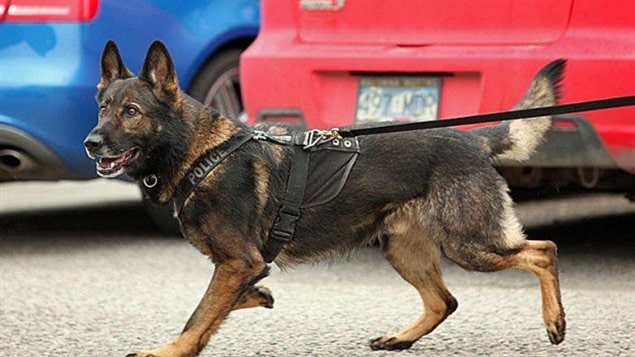Canadian police can use drug-detecting dogs when they have “reasonable suspicion” of criminal activities but the Supreme Court of Canada will clarify what that means on Friday. Two cases are before the court in which police didn’t have much to go on before deploying sniffer dogs on two men who turned out to have been transporting drugs.
The defence argued police breached the men’s charter rights to be free from unreasonable search and seizure and the court will have to decide whether their cases met the “reasonable suspicion” threshold for deploying a sniffer dog.
“Trying to define what reasonable suspicion means is incredibly important because with reasonable suspicion, the officer does not need a warrant to search you and that’s the key,” said Carissima Mathen, an Ottawa University law professor.
The way things stand now, Mathen said, reasonable suspicion is open to broad interpretation that can lead to arbitrary applications of the law.







For reasons beyond our control, and for an undetermined period of time, our comment section is now closed. However, our social networks remain open to your contributions.